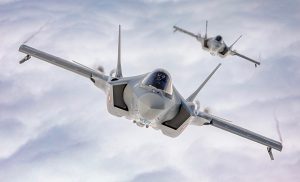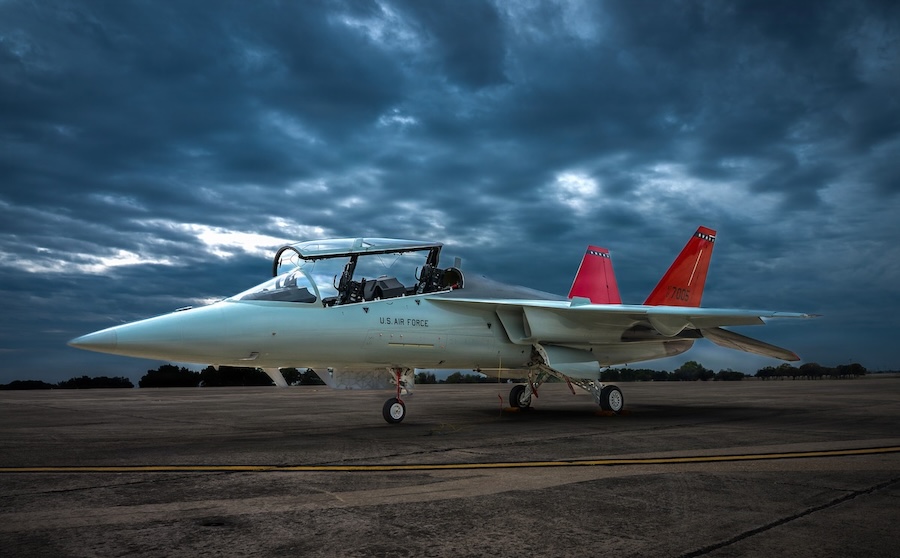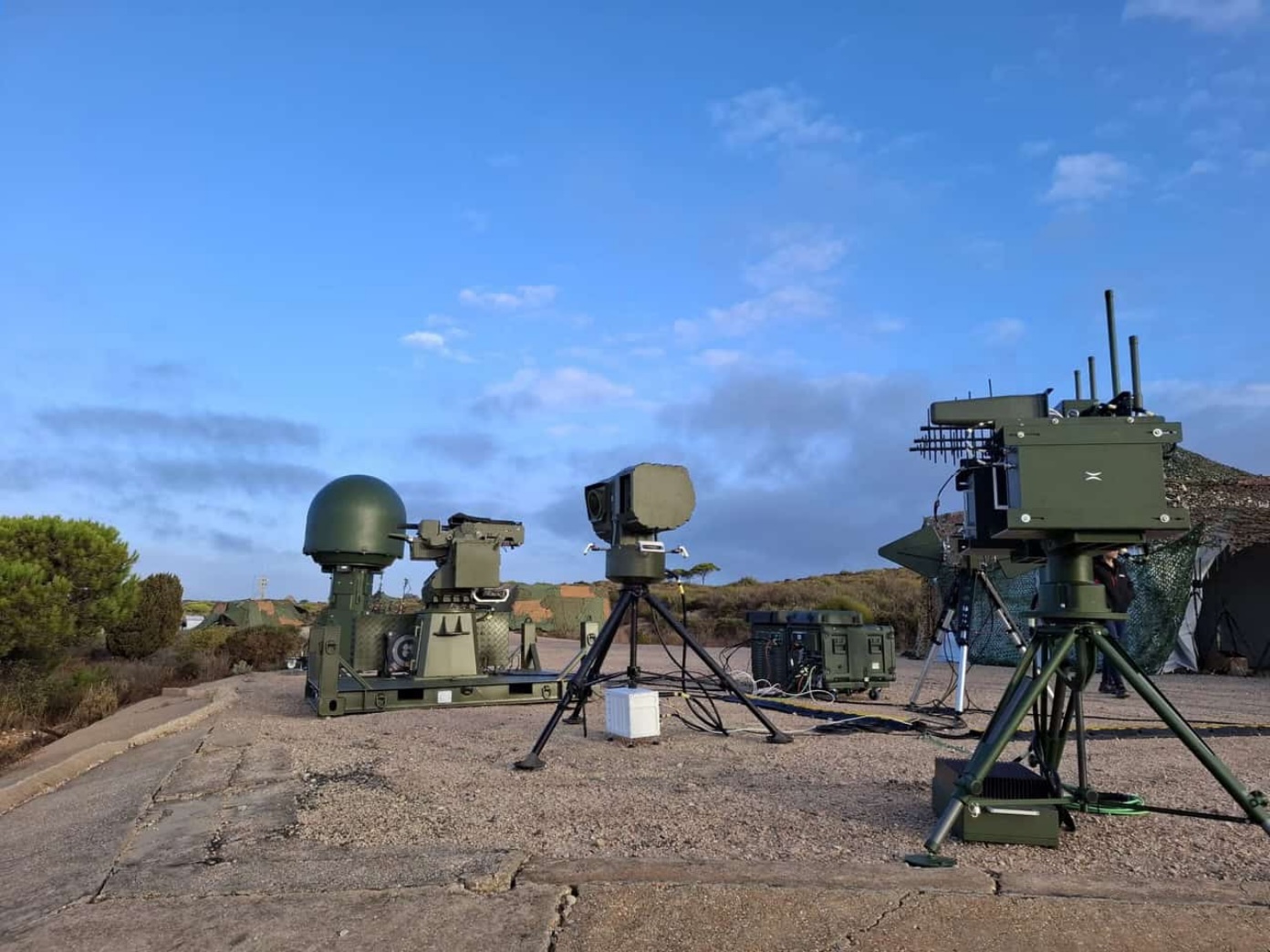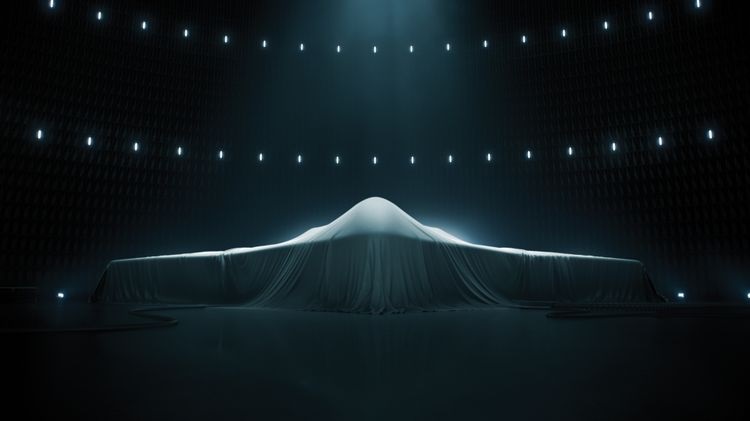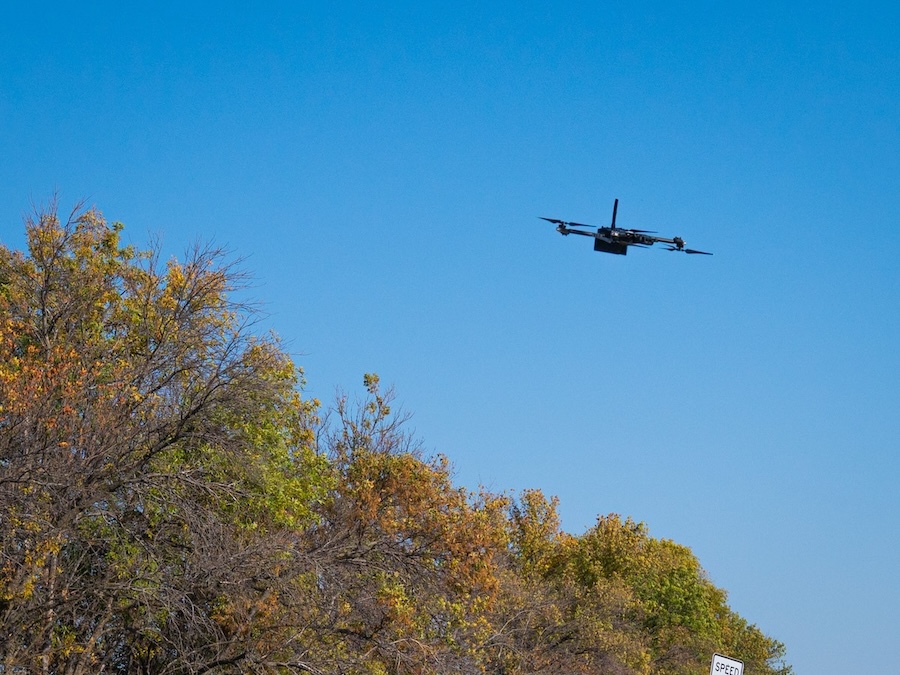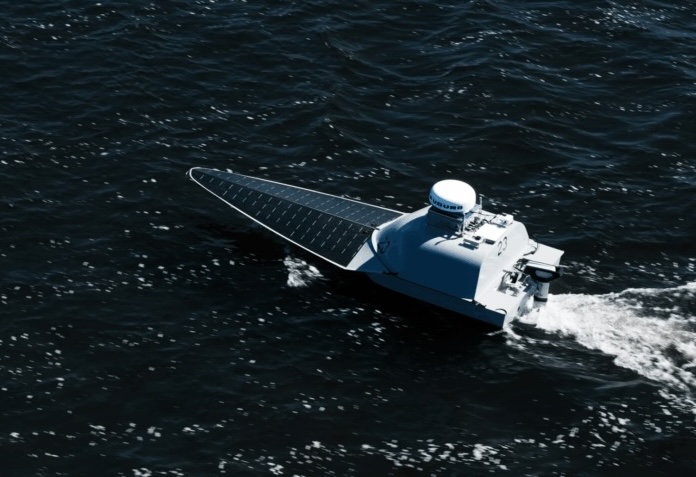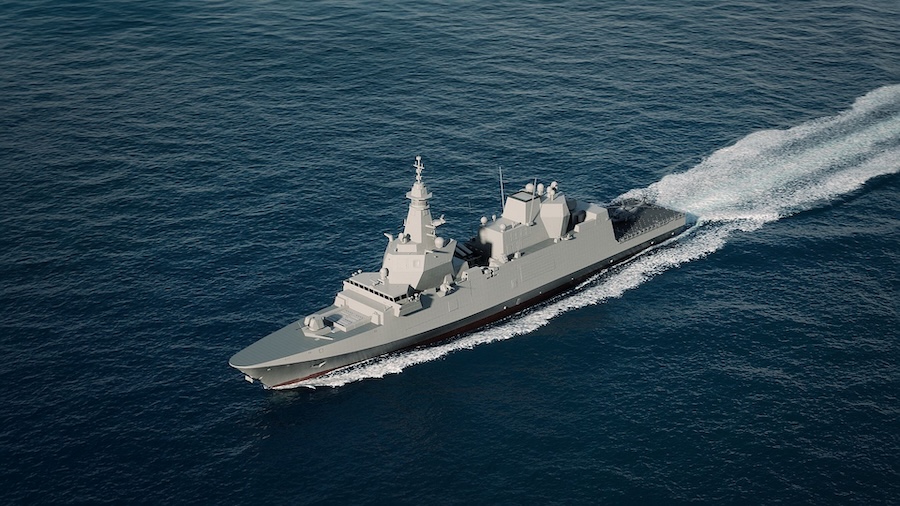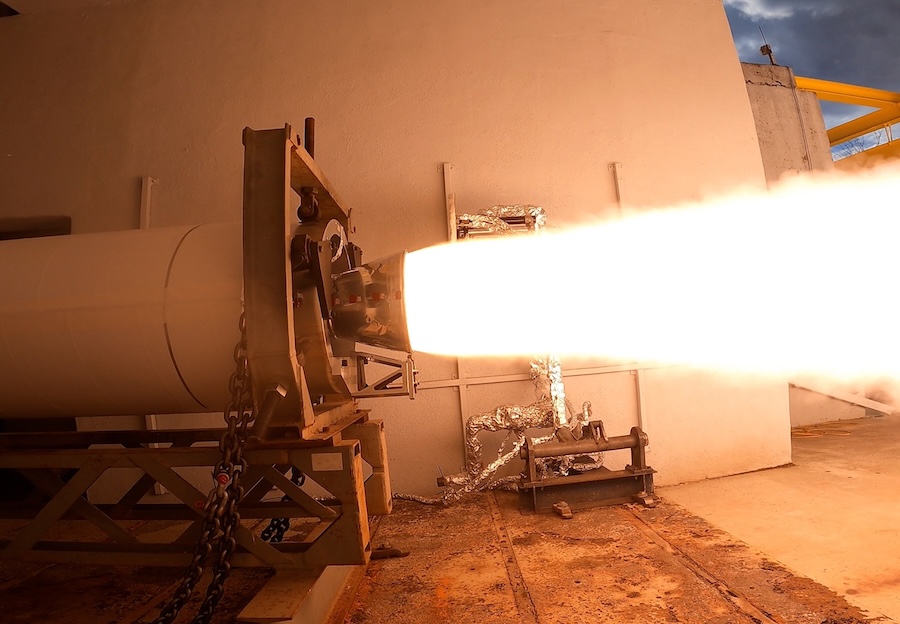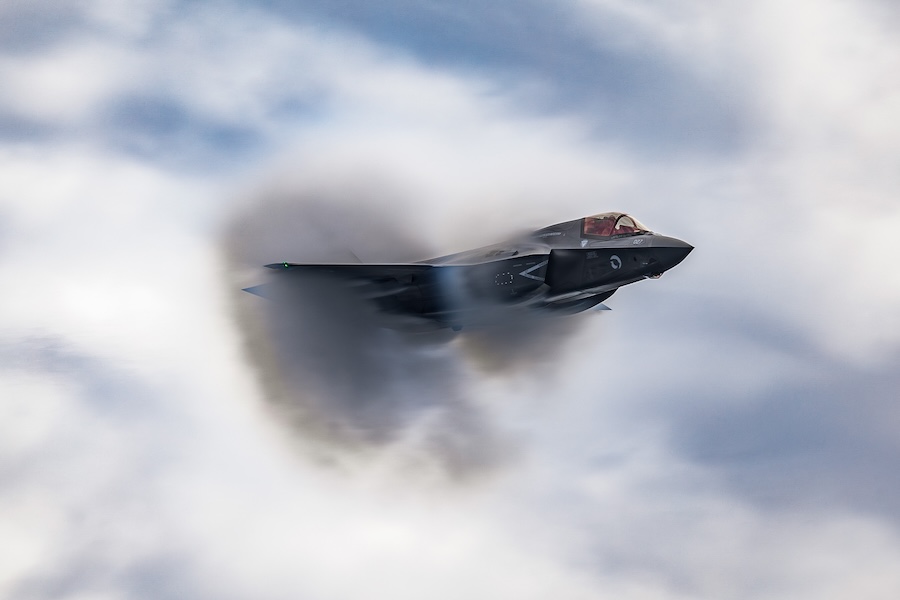Despite this growth, net earnings for 2024 declined to $5.3 billion, or $22.31 per share, compared to $6.9 billion, or $27.55 per share, in the previous year. This decrease is primarily attributed to $2.0 billion in pre-tax losses associated with classified programs, which impacted earnings per share by $6.16.
In the fourth quarter of 2024, net sales were $18.6 billion, slightly down from $18.9 billion in the same period of 2023. Net earnings for the quarter were $527 million, or $2.22 per share, a significant drop from $1.9 billion, or $7.58 per share, in the fourth quarter of the previous year. This decline includes $1.7 billion in pre-tax losses for classified programs, affecting earnings per share by $5.45.
Cash from operations stood at $7.0 billion for the year, after a $990 million pension contribution, compared to $7.9 billion in 2023. Free cash flow was $5.3 billion, down from $6.2 billion the previous year. The company ended 2024 with a record backlog of $176 billion, indicating strong future demand for its products and services.
Jim Taiclet, Lockheed Martin’s Chairman, President, and CEO, stated, “2024 was another successful and productive year for Lockheed Martin. Our 5% sales growth and record year-end backlog of $176 billion demonstrate the enduring global demand for our advanced defense technology and systems.” He also highlighted the company’s investment of over $3 billion in research and development and capital projects to support customer missions and drive innovation.
Looking ahead, Lockheed Martin forecasts 2025 sales between $73.8 billion and $74.8 billion, with earnings per share expected to be in the range of $27.00 to $27.30. However, the company cautions that operating profit margins are anticipated to be slightly below 11%, which is lower than previous years and current market expectations.
The financial performance was notably impacted by losses in the Aeronautics and Missiles and Fire Control (MFC) segments due to challenges in classified programs. The Aeronautics division faced $410 million in losses in the fourth quarter, with total losses for the year amounting to $555 million. The MFC segment recognized $1.4 billion in losses for the year, stemming from cost overruns and anticipated losses on future phases of a classified contract.
Despite these setbacks, the company remains committed to developing advanced military capabilities. Taiclet emphasized investments in technologies such as sixth-generation aircraft, AI-driven drones, and advanced communication systems as vital to maintaining air superiority for the United States and its allies.
In summary, while Lockheed Martin achieved growth in sales and maintained a strong backlog, its 2024 financial performance was adversely affected by significant losses in classified programs. The company is taking steps to address these challenges and is focusing on innovation and strategic investments to enhance future performance.






